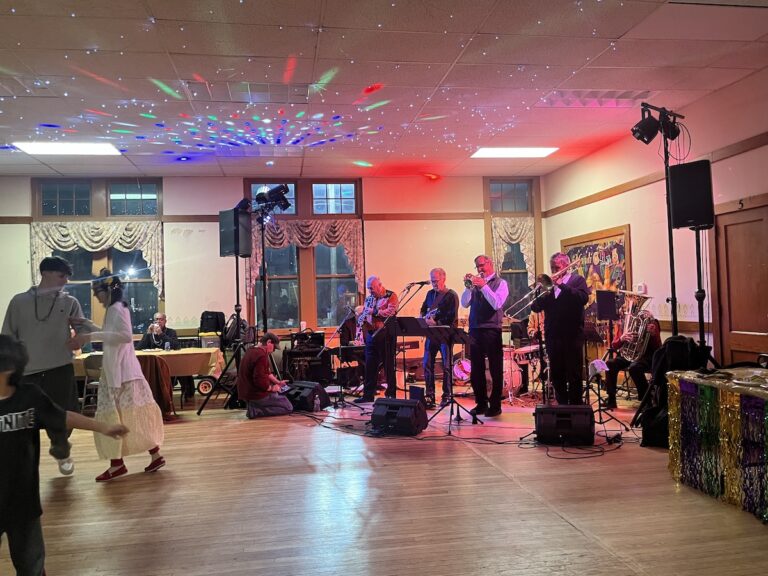Students choose cell phones over campus extensions
According to Director of Technology Support Services Ganesan Ravishanker, about 2200 students, including graduate students, registered campus extensions this fall—a number that tends to decrease throughout the school year and that has been on the decline overall.
The increase in cell phone use and electronic communication have had an effect on campus phone registration.
Ravishanker stressed, however, that the campus extension has certain advantages over most cell phones.
“Once we explain the advantages of having the campus extension – four digit dialing to reach others at Wesleyan, free local calls, free voicemail, and not having to spend their cell phone minutes on local calls or calls to Wesleyan extensions – several students tend to want to keep them,” Ravishanker said. “However, we realize that the voicemail and minutes may no longer be an issue with some of the new cell phone programs that are being rolled out.”
Hanako Moondance ’06 went without a campus extension her freshman year because she didn’t have time to decide whether to buy one before her parents left. She then found that as the year progressed, she didn’t miss it. She didn’t register for a campus extension this fall.
“I use my cell phone fairly often, and I find it more useful because someone can reach me directly,” Moondance said. “I am from California and my family and I wanted to be able to communicate without having to deal with calling cards, or larger phone bills.”
The financial impact on the University has been significant. According to Ravishanker, the University spent nearly six million dollars implementing the campus phone system and network infrastructures and continues spending to maintain telephone switches and lines connecting to SNET and AT&T.
“Our telephone budget has experienced serious deficit for the past two years,” Ravishanker said. “This is not a problem unique to Wesleyan. This is a hot topic of discussion amongst all the colleges and universities.”
Problems also extend to administrative offices. How to contact students without extensions in case of an emergency or how to get messages out to the entire campus, pose serious concerns. According to Ravishanker, solutions proposed in informal discussions have included increased use of e-mail and recording cell phone numbers in the administrative database.
In addition to cell phones, new computer-based forms of communication compete against campus phone use. Instant Messenger is a messaging service that allows students to send text messages using an Internet connection. Text messaging has been widely successful because the University’s Ethernet connection allows users to remain signed on and able to receive messages indefinitely.
“IM is better for simple things. You don’t have to call a friend just to say, ‘come over here,’” said Will McCue ’06. “Calling home goes away too. If I want to talk to my brother, I can just IM him and it’s free.”
Some keep their campus phones even after getting a cell phone, using them to supplement each other. Megan Russell ’06 relies on her cell phone for most things, but hasn’t given up her campus extension.
“Every time [my campus phone] rings, I know it’s either a telemarketer or a wrong number. I’ve never had a phone call from anyone I know on it, because all my friends call my cell phone,” Russell said. “The thing is, I have a job on campus and a lot of the time it’s easier to write your extension for filling out forms and bureaucratic reasons. I also prefer to keep those two numbers separate—my cell for family and friends and the extension for everything else.”
“Most of the time, we want to send bulletin broadcasts under emergency circumstances, but that’s not likely to work when 800 people don’t have campus phones, so we’re looking at e-mail as a more effective alternative,” Ravishanker said. “We have tried to see how we can gather the cell phone numbers and we’re looking at how to get this all in the database.”
For the time being, campus phone service remains indispensable for many students and isn’t likely to disappear. While McCue, for example, hopes to get a cell phone and cancel his campus phone service sometime in the near future, he keeps his campus phone for practical reasons.
“I was thinking about canceling it even without a cell phone, but I need it to let people into my room and it makes things easier,” McCue said. “Plus, I use IM way more than the phone, but there’s something about hearing people’s voices that I can’t give up.”







Leave a Reply